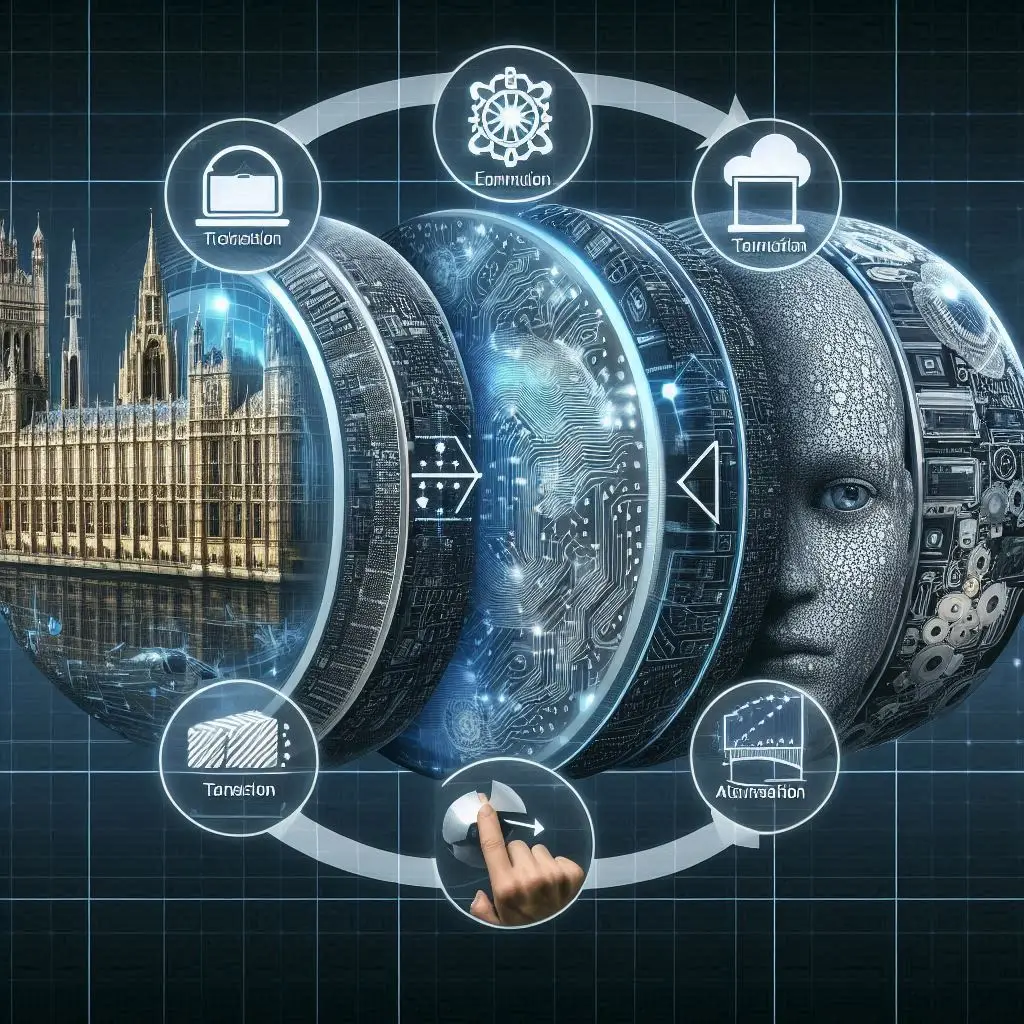In a historic move, the European Parliament recently passed the Artificial Intelligence Act, ushering in what is hailed as the world's most comprehensive set of regulations for AI technology. With its far-reaching implications, the act signifies a significant milestone in the ongoing quest to establish ethical boundaries and safeguard against potential risks associated with artificial intelligence.
The Details Unveiled
The newly enacted legislation encompasses a wide array of provisions aimed at addressing various facets of AI deployment. Among the notable inclusions are the banning of certain AI applications deemed high-risk or ethically questionable. Notably, biometric and facial recognition technologies targeting sensitive characteristics, as well as systems facilitating social scoring and AI designed to manipulate behavior or exploit vulnerabilities, have been prohibited.
Criticism from All Quarters

Despite its ambitious scope, the AI Act has not been immune to criticism from various stakeholders. On one hand, companies within the EU's burgeoning AI sector have expressed concerns that the regulatory framework could stifle innovation and hinder competitiveness on the global stage. The stringent requirements and prohibitions imposed by the legislation raise apprehensions regarding the potential impact on the development and commercialization of AI technologies within the region.
Conversely, watchdog groups and advocacy organizations argue that the AI Act does not go far enough in addressing the myriad ethical and societal challenges posed by artificial intelligence. While the legislation marks a significant step towards regulation, some contend that certain loopholes and inadequacies remain, leaving room for potential exploitation and unforeseen consequences.
A Phased Approach to Implementation
The implementation of the AI Act will unfold in stages, with different provisions taking effect over time. Some aspects of the legislation are slated to come into force as early as six months following its enactment, while others will be subject to longer transition periods. This phased approach is intended to facilitate a smooth transition for affected stakeholders and allow for the necessary adjustments to comply with the new regulatory landscape.
The Global Implications
The significance of the European Parliament's AI Act extends beyond the borders of the European Union, as it sets a precedent that could reverberate across the global AI landscape. By positioning itself as a standard-bearer for AI regulation, the EU aims to influence the development of AI policies and frameworks in other jurisdictions. The adoption of similar regulatory measures by other countries could reshape the trajectory of the AI industry on a global scale, harmonizing standards and fostering greater accountability and transparency in AI deployment.
Conclusion: Charting the Course for Ethical AI
The passage of the Artificial Intelligence Act by the European Parliament marks a pivotal moment in the ongoing discourse surrounding AI governance and regulation. With its comprehensive provisions and ambitious objectives, the legislation represents a concerted effort to balance the potential benefits of AI innovation with the imperative to mitigate risks and safeguard against misuse. While the AI Act is not without its detractors, its enactment signals a collective commitment to charting a course towards a future where AI technologies are developed and deployed in a manner that upholds ethical principles and serves the collective good. As the global community grapples with the complexities of AI governance, the EU's regulatory blueprint offers valuable insights and lessons that can inform future efforts to navigate the evolving landscape of artificial intelligence.









Add a Comment: